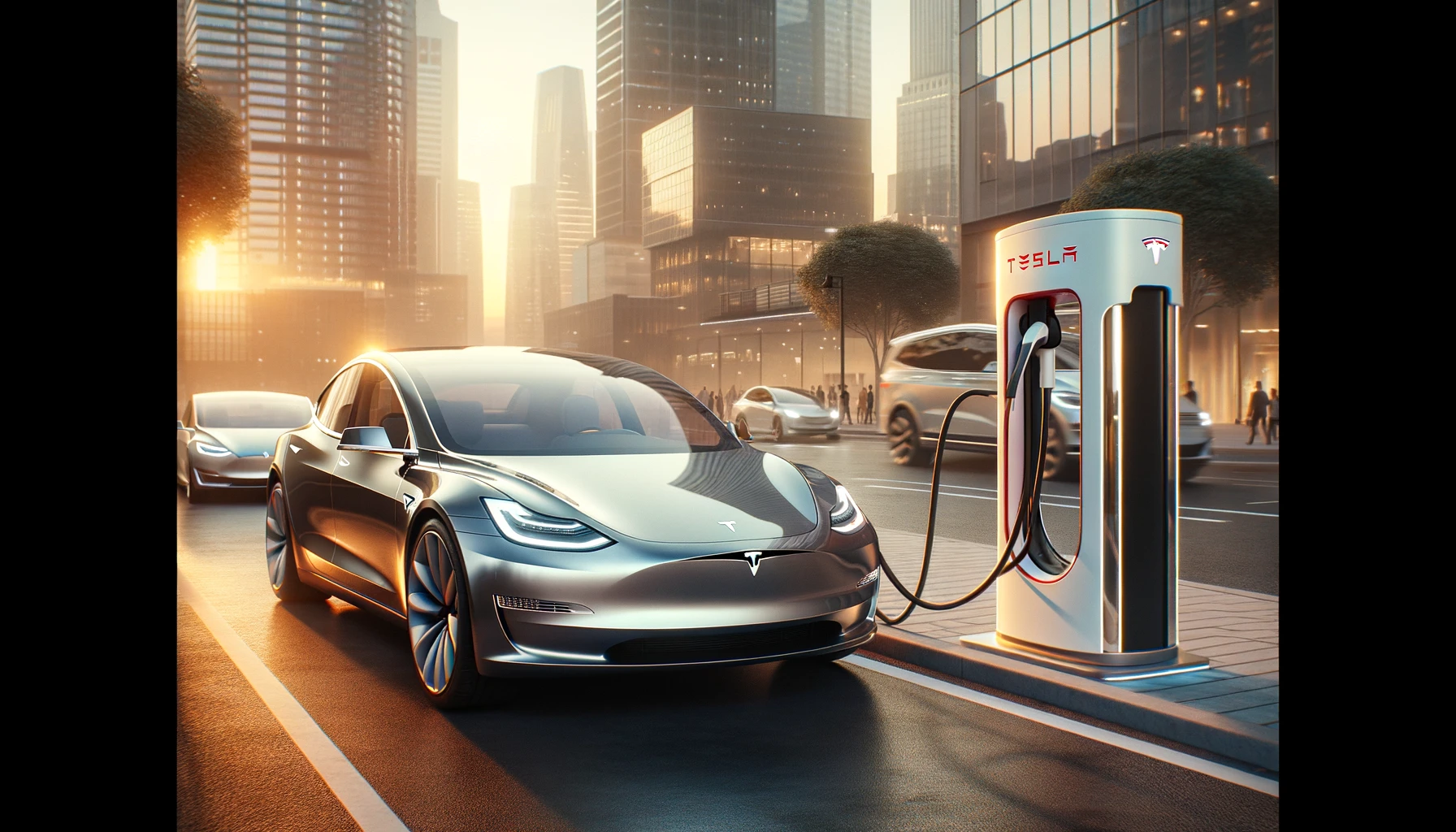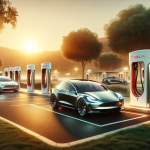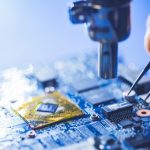Tesla‘s Full Self-Driving (FSD) technology is poised to expand its horizons beyond North America, as indicated by recent remarks from the company’s CEO, Elon Musk. With a substantial groundwork laid through rigorous testing and regulatory discussions, Tesla appears ready to launch its Supervised Full Self-Driving system in other left-hand-drive (LHD) countries soon. This strategic move could potentially boost Tesla’s influence in the global automotive market, opening up new avenues for revenue and technological prestige.
Over the years, Tesla has been methodically testing its FSD technology across various markets. The impending introduction of FSD in LHD countries like those in Europe and China marks a significant step in Tesla’s global expansion strategy. This is not the first time Tesla has navigated the complex terrain of international market penetration. Previously, the company faced similar regulatory and operational challenges when launching its electric vehicles in these regions. The lessons learned from these experiences have evidently been instrumental in preparing Tesla for this new phase of deployment.
What Does This Mean for Global Markets?
Tesla’s progression towards launching FSD in international markets coincides with increased testing and adaptations to meet specific regional standards. The company has been engaged in discussions with the United Nations Economic Commission to align with semi-autonomous driving regulations. Moreover, the recent introduction of subscription models for Enhanced Autopilot in China suggests that Tesla is laying the groundwork for a broader rollout of its more advanced FSD technology.
How Will This Affect Current Tesla Users?
For existing Tesla users, the advancement of FSD technology could enhance driving experiences and offer more value through new software updates and features. The introduction of FSD has already led to Tesla offering promotional trials and discounts in North America, a strategy that might be replicated in other markets to encourage widespread adoption.
What Challenges Could Tesla Face?
Despite the optimistic outlook, Tesla’s venture into new territories with FSD will not be without challenges. Regulatory hurdles, market competition, and technological adaptability are significant factors that could affect the successful deployment of FSD globally. Furthermore, the readiness of infrastructure and the public’s acceptance of autonomous driving technology will play crucial roles in determining the success of this initiative.
In alignment with Tesla’s advancements, recent coverage from notable automotive and technology news outlets reflects the industry’s momentum towards autonomous driving solutions. For instance, Engadget’s article “Navigating the road ahead for autonomous vehicles” and The Verge’s “Automotive innovation accelerates towards autonomy” discuss the broader context of autonomous technology developments, underscoring the competitive landscape and regulatory frameworks that companies like Tesla must navigate.
Further, a scientific review published in the Journal of Autonomous Vehicles highlights the technological intricacies and ethical considerations of deploying autonomous driving systems on a large scale. The paper titled “Challenges and Opportunities in Autonomous Vehicle Deployment” presents in-depth analysis on the readiness of urban infrastructures and public perception, which directly relates to Tesla’s ongoing efforts in enhancing its FSD technology.
User-Usable Inferences:
- Expect more regional FSD trials before full launches.
- Potential increase in Tesla’s market share in Europe and China.
- Enhanced features could lead to higher subscription uptake.
Tesla’s strategic maneuvers to introduce its Supervised Full Self-Driving system in LHD countries represent a significant leap towards global technological leadership in the automotive industry. By leveraging past experiences and current technological advancements, Tesla not only aims to enhance its product offerings but also solidify its presence in the global market. Continued innovation and strategic market entries will likely be critical for Tesla as it navigates the complex landscape of international automotive regulations and consumer expectations. The success of Tesla’s FSD could serve as a benchmark for the adoption of autonomous driving technology worldwide, influencing future developments in the automotive sector.










